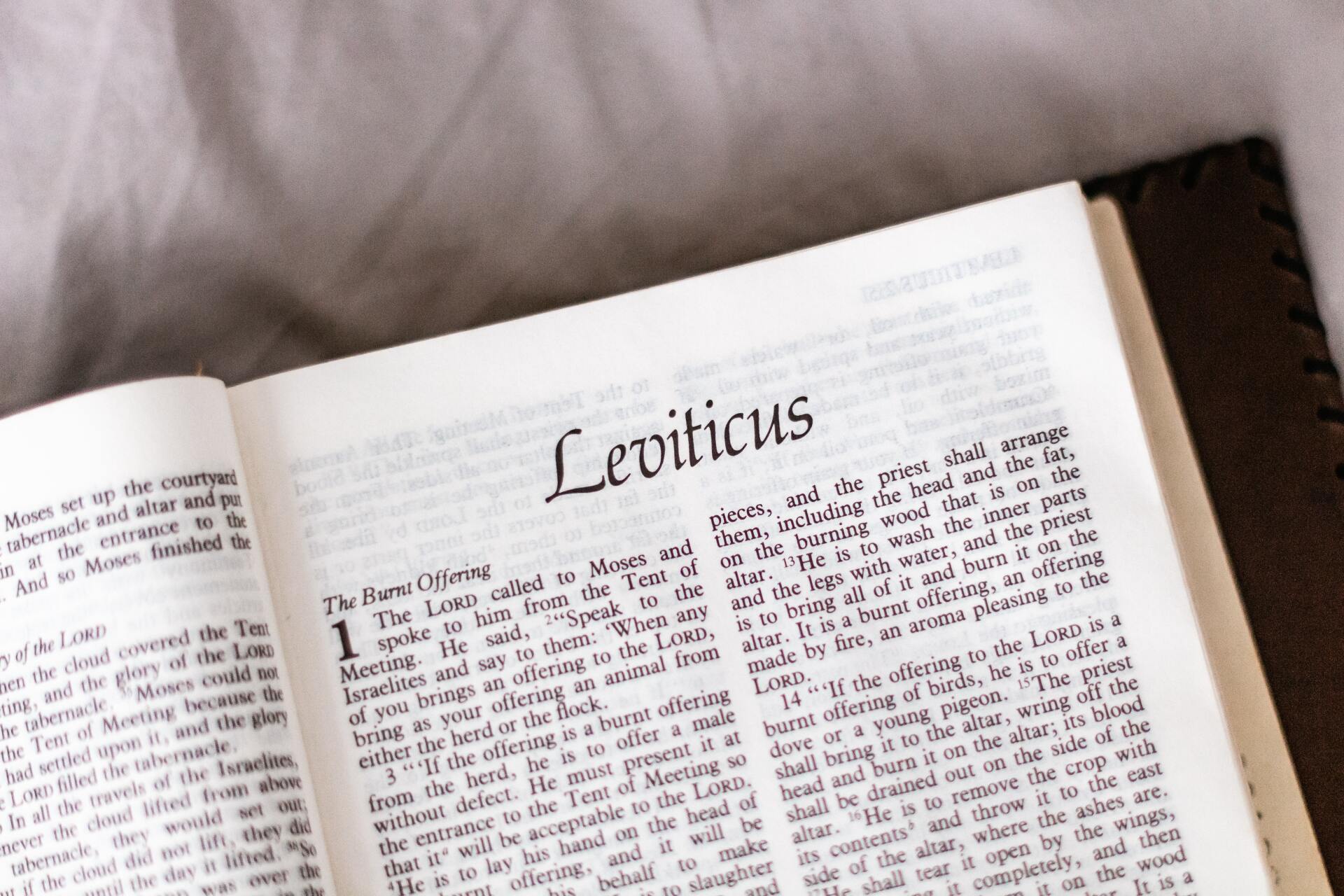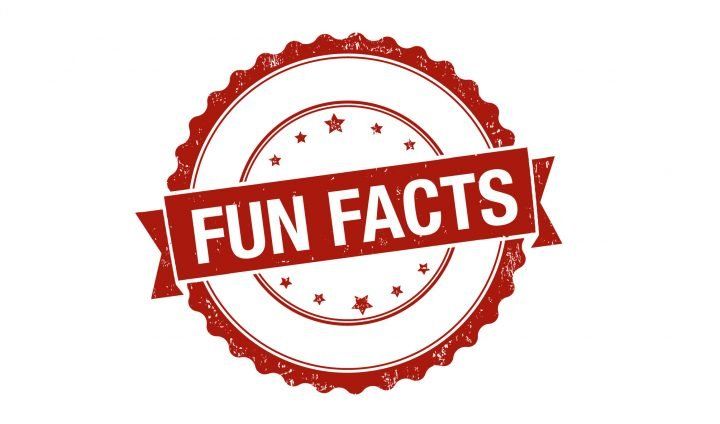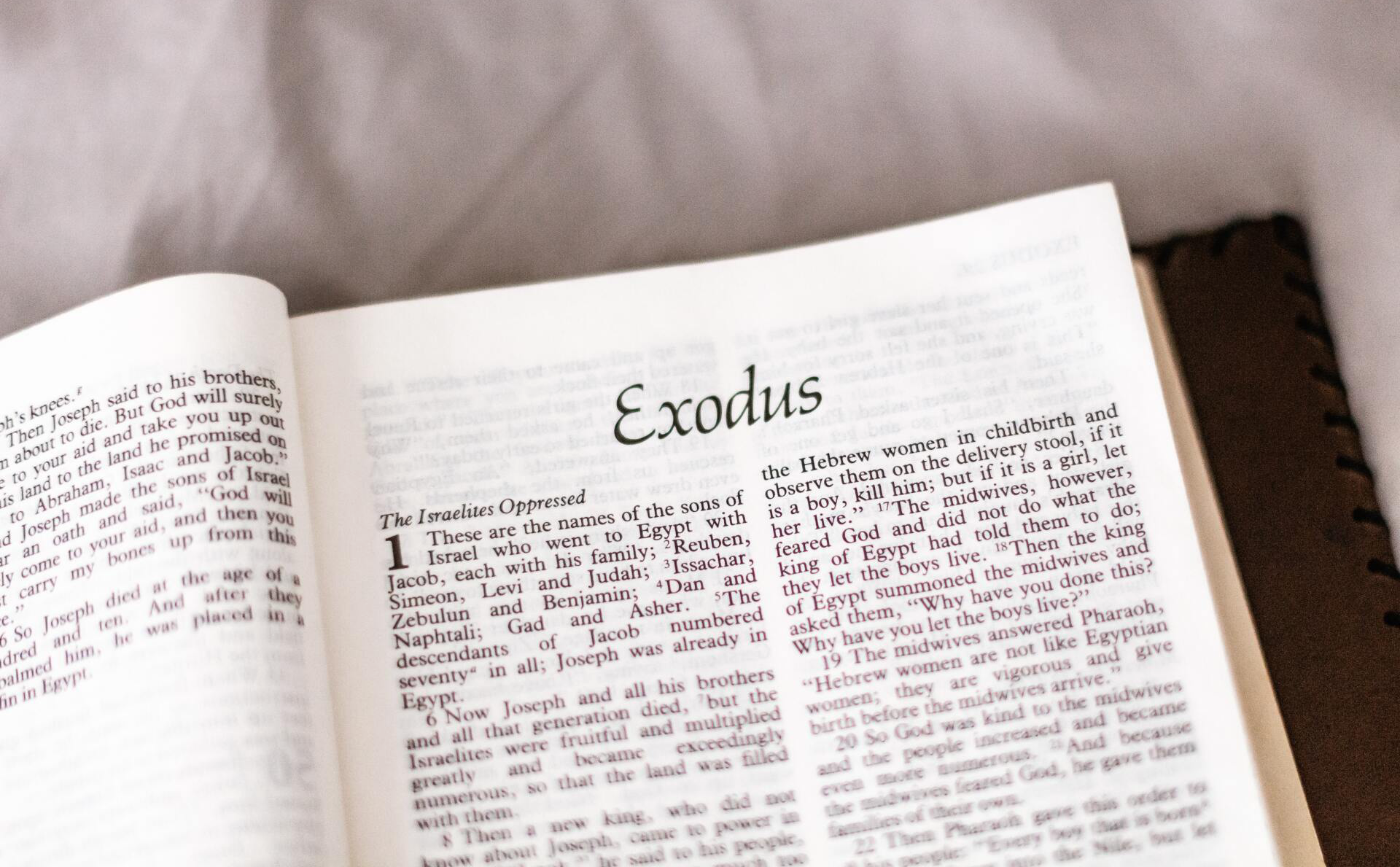Faith For Girls By Girls
"She is clothed with strength and dignity and she laughs without fear of the future.”
- Proverbs 31:25
Most recent blog posts:

Hello, readers! We're back and ready to dive into the next book in our series, Leviticus. This article will be a little different than other Books of the Bible articles because Leviticus has rules rather than stories. So instead of breaking down every rule like I would if they were stories, I'm going to be talking about how this book of the Bible affects us. This book of the Bible has caused much controversy among Christians and non-Christians. This book of the Bible is a list of all the rules that the Israelites had to follow in order to stay "clean." They were supposed to stay clean because they were in the presence of God. But many people have seen these rules and thought that if someone were to break them today, they would not make it to heaven because they were "unclean." This perspective has caused great harm to many people. In Leviticus, the punishments for breaking the rules were quite harsh, but that was before Jesus died on the cross for our sins, wiping our slates clean. So many Christians have treated people who have broken these rules in the worst of ways, and these actions have driven so many away from God. What we must remember about Leviticus is that the Israelites weren't saved yet. They were punished for their sins because Jesus had not yet made the ultimate sacrifice. So just because some people today have broken the rules of Leviticus, that doesn't mean that they aren't worthy of God's love and forgiveness. Remember, we are all sinners, but we were all saved when Jesus died on the cross and rose again for us. So for any of us to treat any other sinners as if their sins are unforgivable, but ours are, is hypocritical and wrong. For example, Leviticus says that homosexuality is wrong. Because of this, the LGBTQ+ community has been tortured and killed because people see them as "unclean," when in reality they are no more unclean that anyone else. And because some people choose to hate what they don't understand, so many people in the LGBTQ+ community don't know God, and that hurts God more than any sin. What we must learn from Leviticus is that we are all rule-breakers, but we have all been saved. Believing that Christ died on the cross and rose again to save us from our sins is what gets us to heaven. We want to try our best to live how God wants us to live, but all who love God and believe in the resurrection of Christ have a place in heaven, no matter who they love or what they've done. So we must treat everyone with love because that's what God calls us to do.

Hello everyone! We're so sorry we didn't get an article out to you guys last Sunday, our CEO had surgery earlier that week, and was taking a break. But now we're back to give you a fun little article! We don't want you guys getting bored of us because of how long our Books of the Bible Series articles tend to be, so we're going to be doing some lighter articles here and there throughout the series, enjoy! 10 Fun Facts About Christianity: 1) Christianity is the only religion that believes in the Trinity. 2) Christians were originally called Nazarenes. 3) Joseph, Jesus' father, was a carpenter, meaning that Jesus probably learned the practice as well. 4) Jesus was not white, Jews that lived in his time had olive-brown skin. 5) Christianity is the world's largest religion. 6) Approximately 100 million Bibles are sold every year. 7) About 71% of Americans identify as Christian. 8) More than 70 million Christians have been killed for their faith. 9) Jesus had several half-siblings (Mary and Joseph's biological children) 10) Jesus didn't have a last name, neither did any Palestinians. Cover photo credit: http://anglingcouncilireland.ie/wp-content/uploads/sites/244/2016/04/Fun_Facts_Stamp-01-01-01-720x424.jpg

Welcome to the second article of our Books of the Bible Series! The book of the Bible that we are studying today is Exodus, the second book of Moses. Exodus has many stories, the ones we will be learning about today are: The Israelites Oppressed, The Birth of Moses, Moses and the Burning Bush, Ten Plagues, the first Passover, the parting of the Red Sea, and the Ten Commandments. Let's get into it! The Israelites Oppressed Joseph, his brothers, and all of that generation had died, but the Israelites were still great in numbers, there were so many that the land was filled with them. But a new king, to which Joseph had no connection to, had come to power over Egypt. This new pharaoh believed that the Israelites had become far too numerous. He believed that if the opportunity arose, the Israelites would join Egypt's enemies and fight against them. So he ordered them into slavery against their will and oppressed them with forced labor. However, the more oppressed the Israelites were, the more numerous they became. So the pharaoh decided to take a new approach, he ordered that the Hebrew midwives kill any baby boys that they deliver, but let the girls live. The Hebrew midwives tried to deceive the pharaoh and say that the Hebrew mothers always give birth before they arrive so they couldn't kill the boys, because they knew that God would not approve of what the pharaoh was ordering. When his midwife method didn't work, the pharaoh then ordered to all his people that every Hebrew boy that is born must be thrown into the Nile. The Birth of Moses A Levite woman gave birth to a baby boy, the law said that she must throw him into the Nile, but she wanted to keep him safe, and she did for three months. But when she couldn't hide him any longer, she placed her child in a papyrus basket and placed it among the reeds along the bank of the Nile. His sister watched to see what would happen to him. When the pharaoh's daughter came to the Nile to bathe, she saw the baby and took pity on him. The baby's sister came forward and asked if she wanted her to take him to a Hebrew woman so he could be nursed. Pharaoh's daughter said yes, and the baby's sister brought him to their mother. Once the baby was older, the baby's mother brought him back to Pharaoh's daughter and he became her son. She named him Moses. Moses and the Burning Bush One day, Moses saw an Egyptian beating a Hebrew, one of Moses' own people. This angered Moses so much that he killed the Egyptian and hid the body in the sand. But when word of this event got out, Pharaoh went after Moses with the goal of killing him. But before he could succeed, Moses escaped to Midian and settled down there. One day he was tending to his flock, and he came to Herob, the mountain of God. Exodus 3:2 says, "There the angel of the Lord appeared to him in flames of fire from within a bush. Moses saw that though the bush was on fire it did not burn up." God told Moses that He had heard the Israelites' prayers, and that He had a plan to bring them out of Egypt, and that plan was for Moses to be the one to do it. The Ten Plagues Moses and his brother, Aaron, went to Pharaoh and told him to let the Israelites be free. Exodus 5:1 says, "Afterward Moses and Aaron went to Pharaoh and said, 'This is what the Lord, the God of Israel, says: ‘Let my people go, so that they may hold a festival to me in the wilderness.''" But the Pharaoh refused, so God cast the ten plagues on the Egyptians. The plagues were: the Nile turning to blood, frogs, gnats, flies, sickness among the livestock, untreatable boils, hail, locusts, darkness, and finally, the death of the firstborn. This final plague meant that every firstborn son in Egypt would die, no matter their status. The First Passover Passover was the result of the tenth plague on Egypt. God said that the only way to let the angel of death "pass over" you was if you slaughtered a one year-old male sheep or goat that had no defects, and smeared some of its blood on your doorframe. God said that this would let the angel know who followed God and who followed Pharaoh. Exodus 12:13 says, "The blood will be a sign for you on the houses where you are, and when I see the blood, I will pass over you. No destructive plague will touch you when I strike Egypt." Because Pharaoh didn't listen to Moses, his son was killed that night. After Pharaoh's son died, he ordered the Israelites to leave Egypt. Exodus 12:31-32 says, "During the night Pharaoh summoned Moses and Aaron and said, 'Up! Leave my people, you and the Israelites! Go, worship the Lord as you have requested. Take your flocks and herds, as you have said, and go. And also bless me.'" So the Israelites immediately fled from Egypt. The Parting of the Red Sea After the Israelites fled, Pharaoh changed his mind and sent his army to get the Israelites back. But God wasn't going to let the Israelites go through that again, so he performed a miracle. Exodus 14:21-22 says, "Then Moses stretched out his hand over the sea, and all that night the Lord drove the sea back with a strong east wind and turned it into dry land. The waters were divided, and the Israelites went through the sea on dry ground, with a wall of water on their right and on their left." So the Israelites went through the Red Sea, and God let the sea walls fall on the Egyptians who tried to follow them in. The Ten Commandments Now that the Israelites were safe from the Pharaoh, they had to face the long journey through the desert. One of the many events that took place in the desert was the giving of the Ten Commandments. At Mount Sinai, God gave Moses the Ten Commandments. According to Martin Luther's Small Catechism, the Ten Commandments are: 1) Thou shalt have no other gods before me. 2) Thou shalt not take the name of the Lord thy God in vain. 3) Remember the Sabbath to keep it holy. 4) Honor thy father and thy mother. 5) Thou shalt not kill. 6) Thou shalt not commit adultery. 7) Thou shalt not steal. 8) Thou shalt not bear false witness against thy neighbor. 9) Thou shalt not covet thy neighbor's house. 10) Thou shalt not covet thy neighbor's wife, nor his manservant, nor his maidservant, nor his cattle, nor anything that is thy neighbor's. Significance of the Stories of Exodus These stories all center around how God rescued the Israelites from Egypt. We have to understand that this story is still relevant today. It shows that God hasn't forgotten about us, He sees our pain and He's going to get us out of it, even if it means plaguing an entire country, because that's how much he cares for us. This doesn't mean he's going to sick a bunch of frogs on anyone that's mean to you, but it does mean that you can always rely on Him, He will help you get through.
Let us pray for you!
We're here for you if you need any support at all.
Sign up to our newsletter
Meet the founder!
Hi! My name is Sydney! I'm the founder and author of Faith For Girls By Girls. Go to the "About Us!" page to learn more! ♡

